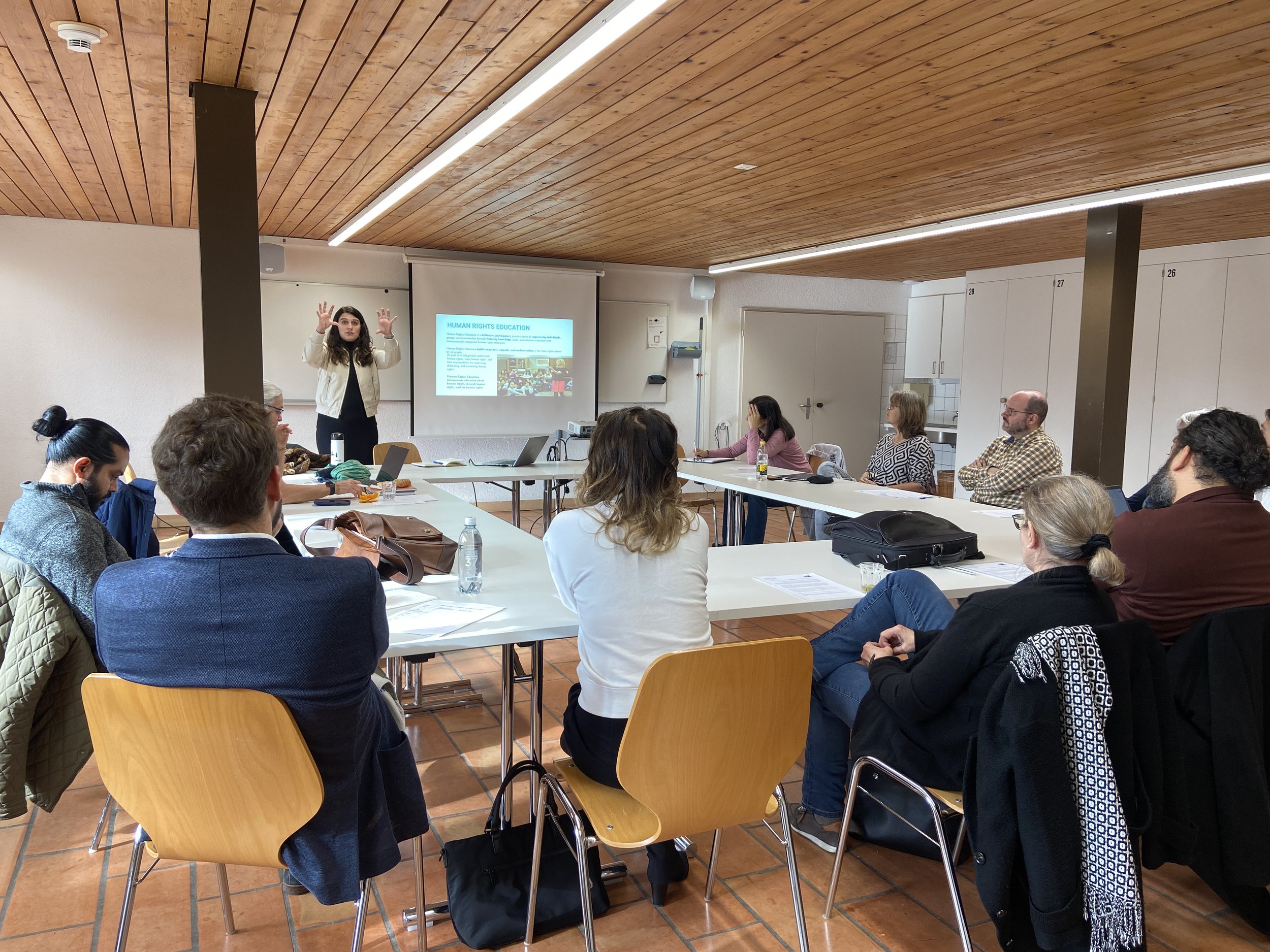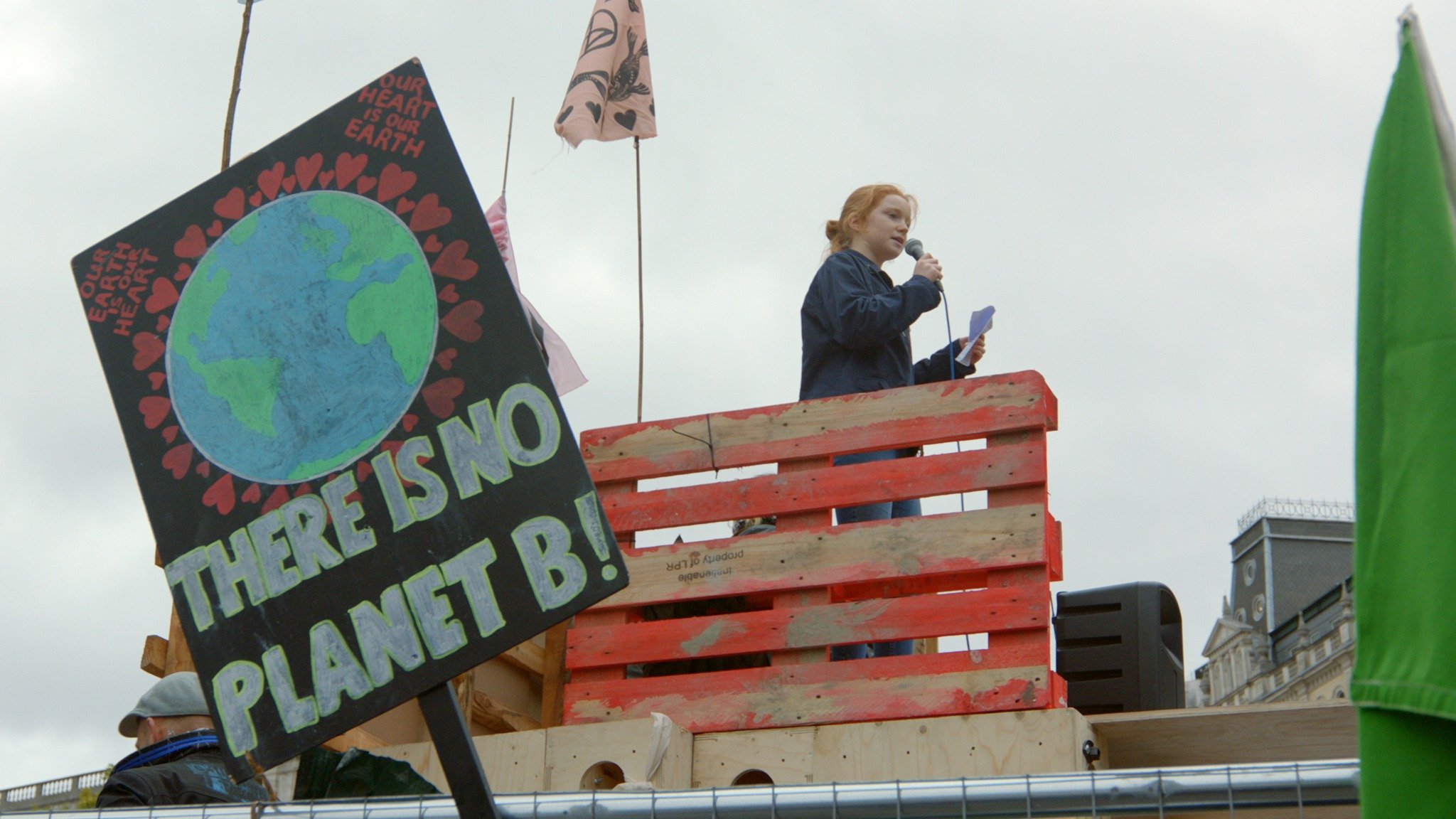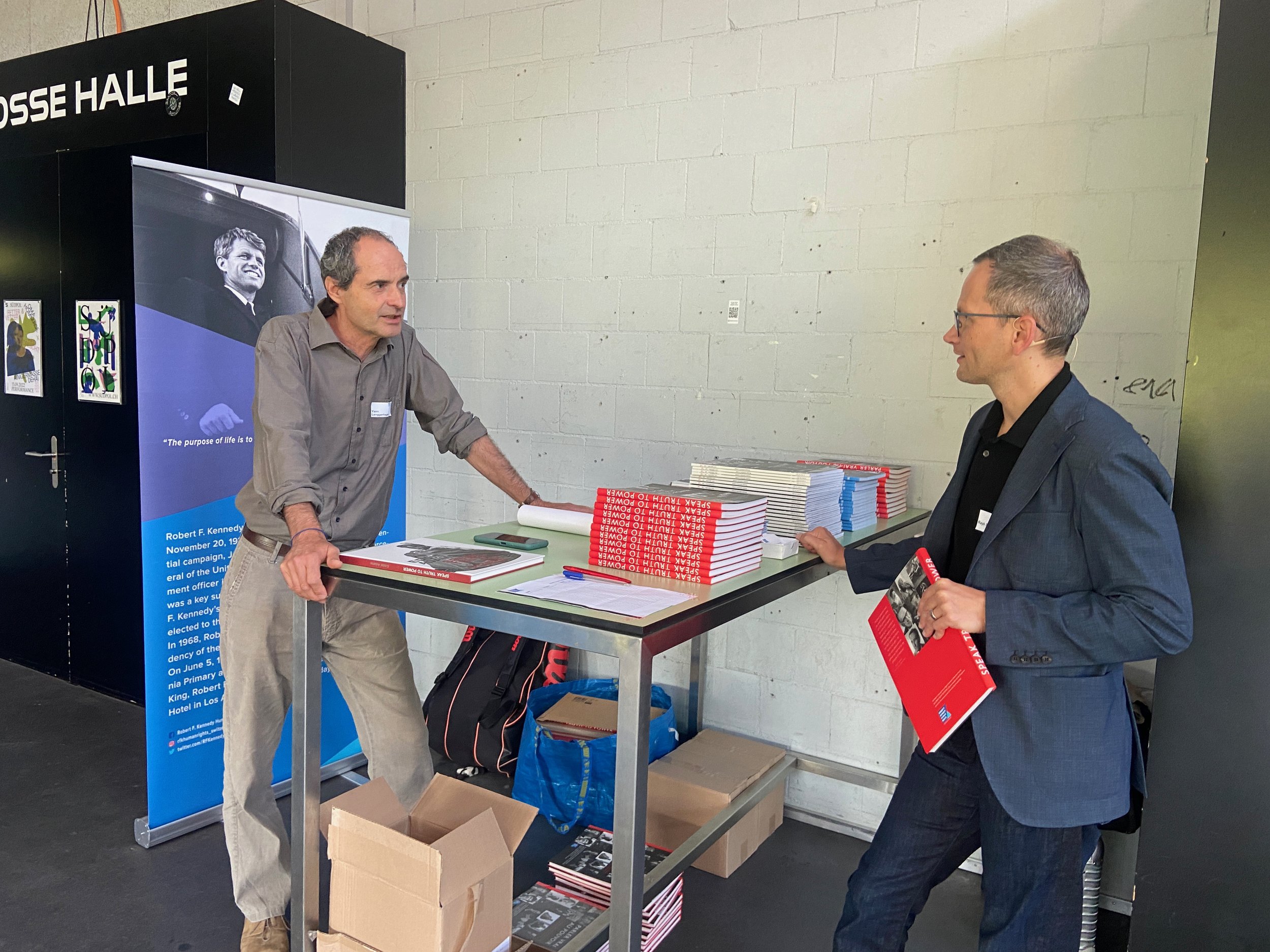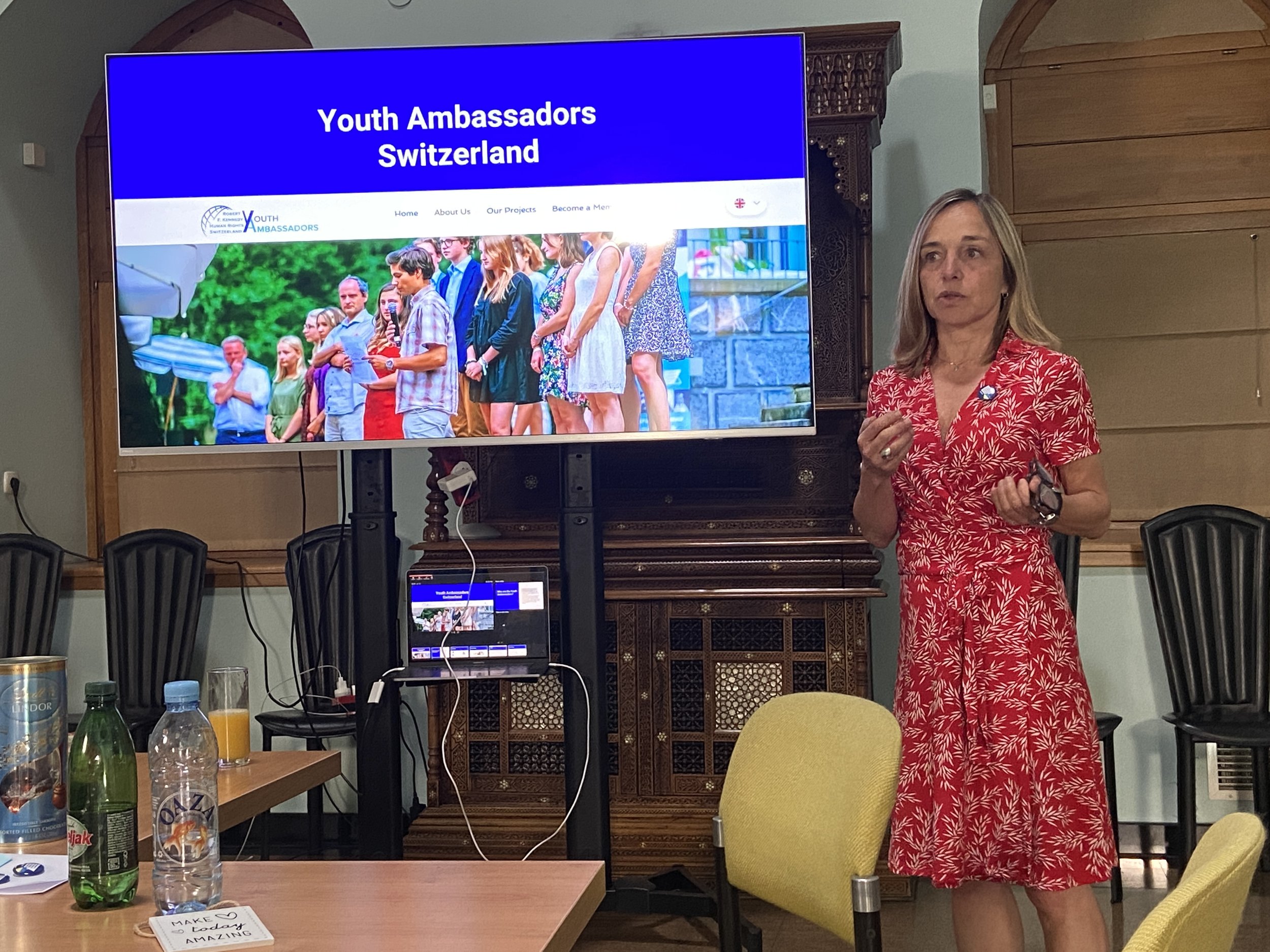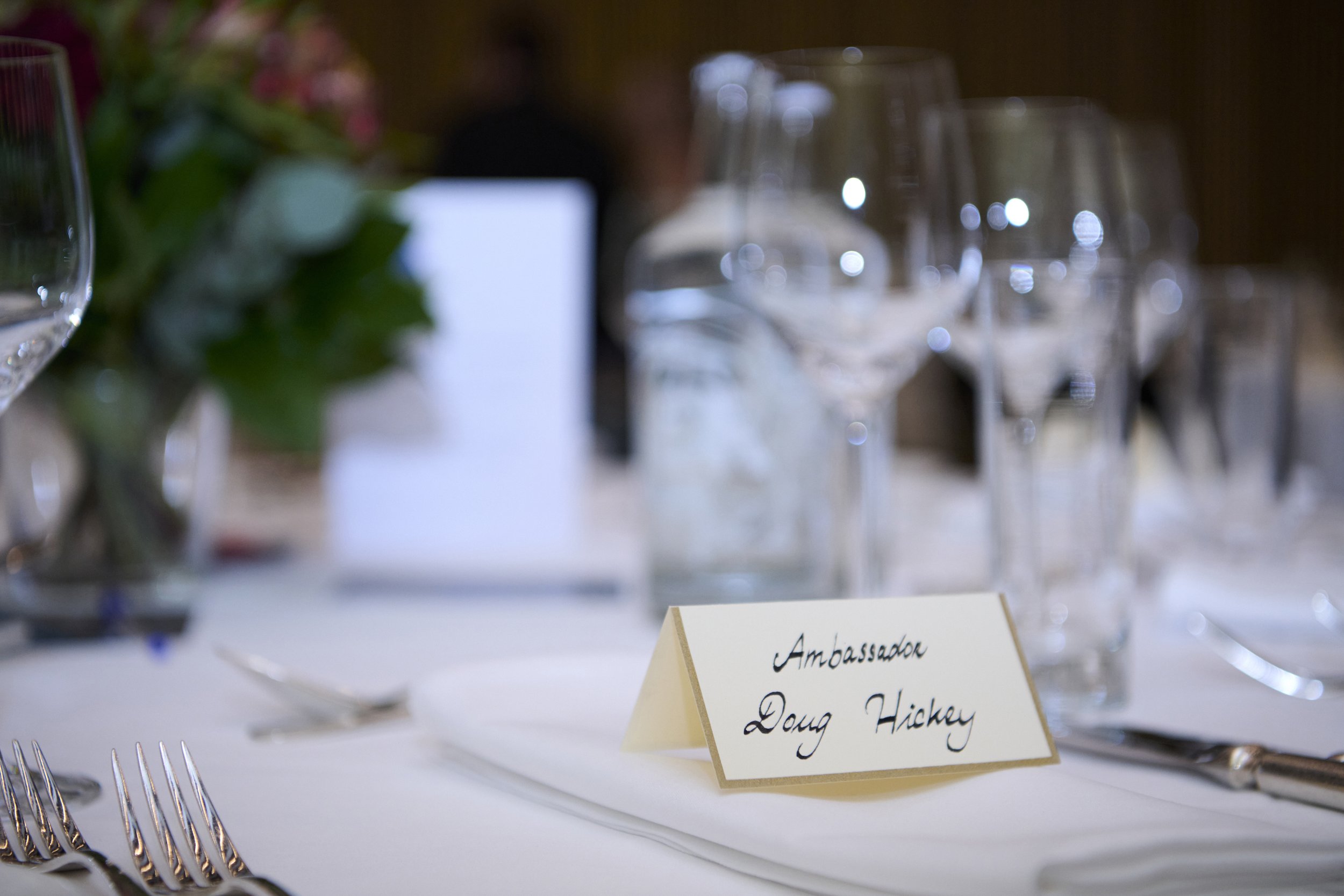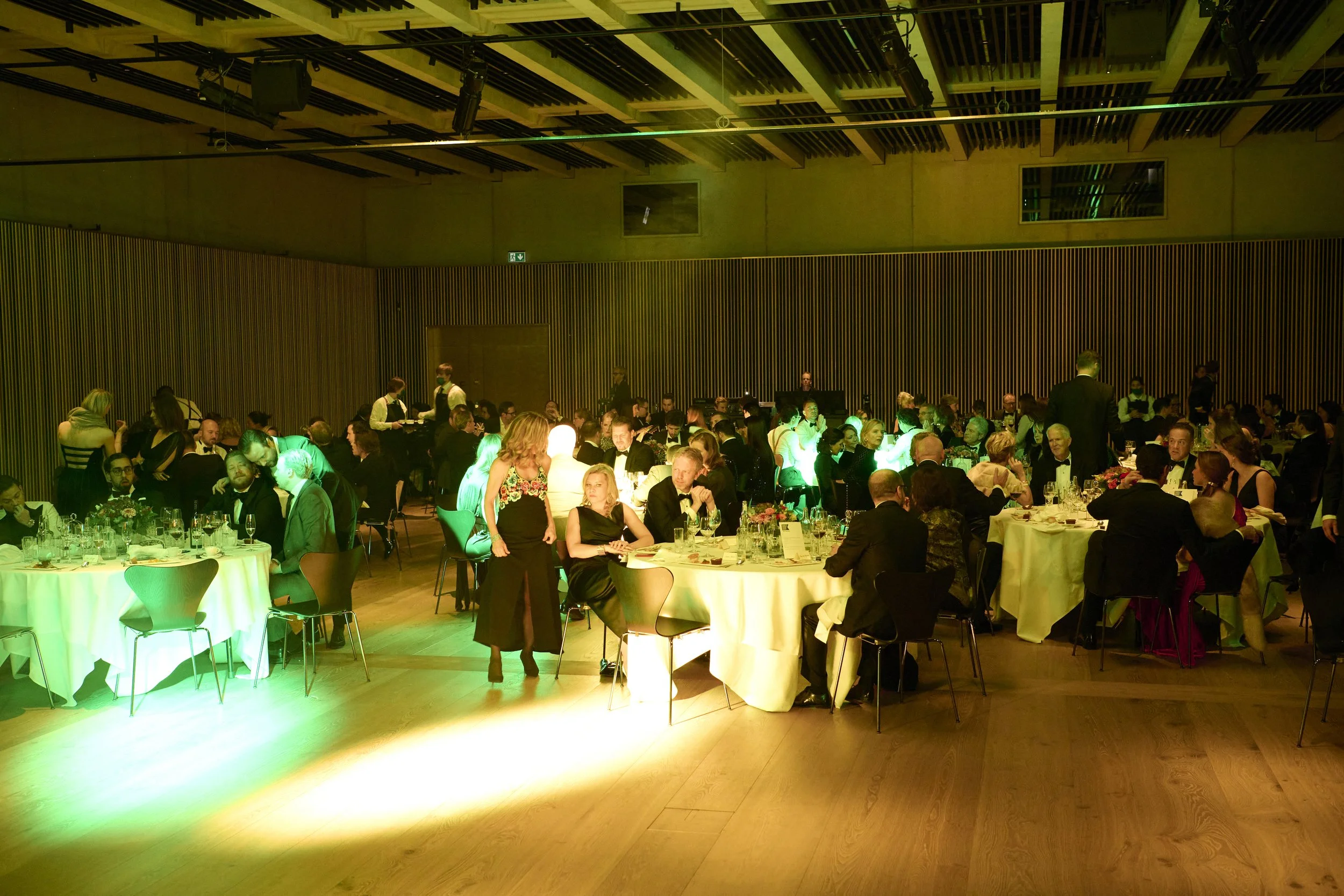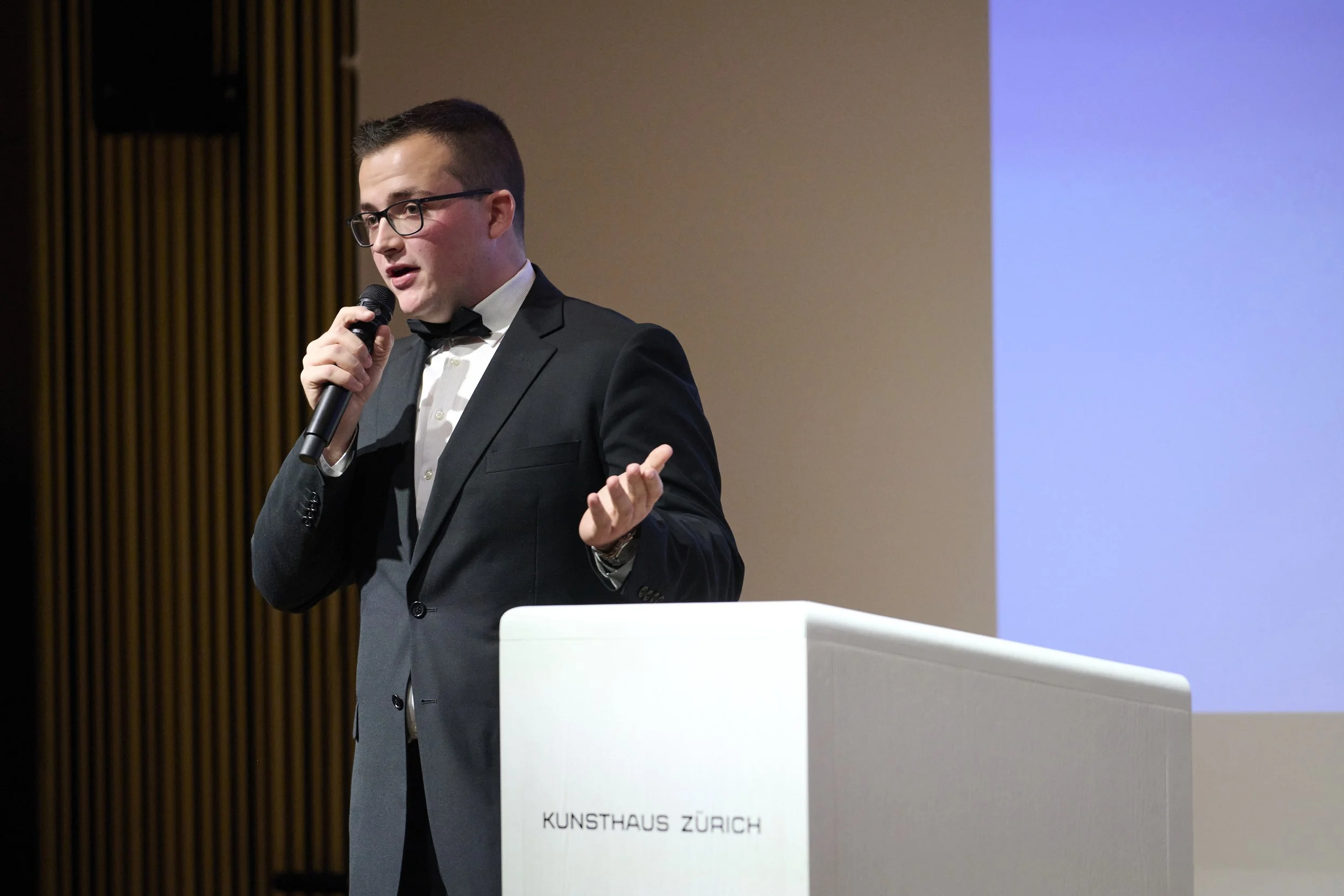For the third time, RFK Human Rights Switzerland has organized an event for a model UN student group in Switzerland. These students organization mimic the UN organization and debate current affairs. Sometimes they organize special in depth events with external parties, as was done now at the University of Basel.
The topic of the evening was modern slavery and two speakers were invited by RFK Human Rights to further explore this topic from a real life perspecive. The first speaker was Owain James of the Kailash Satyarthi Children's Foundation, founded by one of RFK’s defenders. Mr James shockingly told the group of students how (forced) child labour has only increased in recent years. With a focus on the situation in Africa, the speaker explained how when a childhood is taken away this has consquences for the rest of these people’s lifes - and for the whole country as well! Research has clearly shown that countries where children go to school instead of to work, are able to gain higher GDPs. Of course the important questions are: why and what can be done? The simple answer is that these countries are too poor to take care of their children. Since a lot of these countries are not poor in a sense of for example natural resources, what is needed is less exploitation of these countries, better care for our global environment and for consumers to stop buying products that involve exploitation and forced child labour.
This brought us to the second speaker, Ms Larisa Kryachkova who works for Slave Free Trade, an organization that wants to ensure that all of the everyday items we buy as consumers - food, clothing, shoes, make-up, coffee, and more - are created by workers free from human rights abuses. Ms Kryachkova gave an extensive overview of not only the moral, but also the economic impulses to go for slave free products. As their slogan »WE DON’T STOP AT IDENTIFYING. we fix it.« says, the students got some insight in the new global human rights framework the organization is developing with the help of new blockchain technology.
